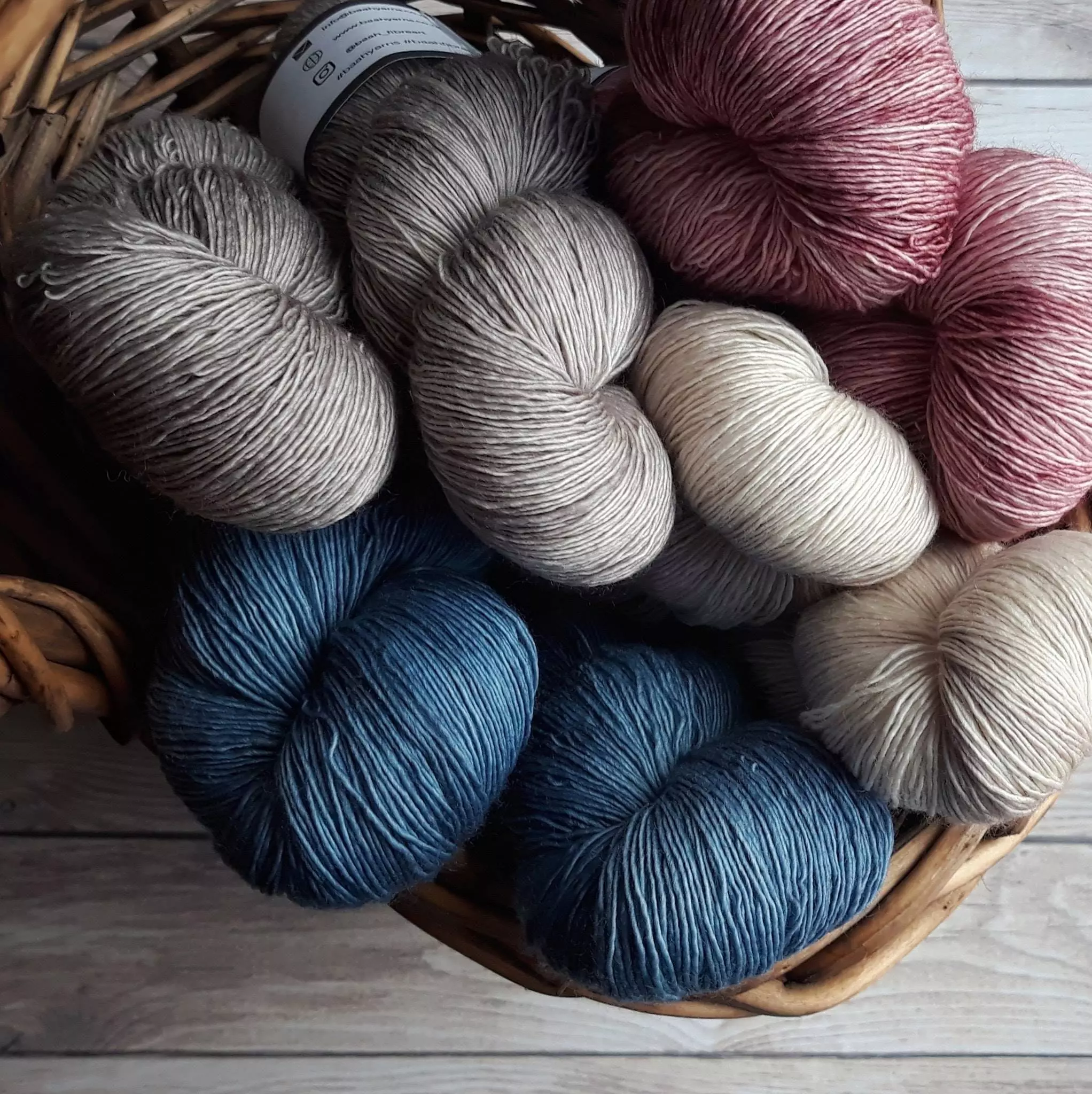Detailed content of our market study
 Inforamtion
Inforamtion
- Number of pages : 35 pages
- Format : Digital and PDF versions
- Last update :
 Summary and extracts
Summary and extracts
1 Market Summary
1.1 Definition and presentation
Organic or organic fabric is a fabric made from fibers sourced from organic farming, woven and then refined, by a process that uses a limited number of harmful substances or pollutants. The most commonly used traditional organic fibers are cotton, wool, linen and hemp from organic farming and ranching. The three main activities of the organic textile industry are yarn production, fabric production, and fabric processing (e.g., dyeing).
The organic textile market is growing steadily and seems to have a bright future ahead thanks to the awareness of consumers and professionals of the health hazards and their impact on the environment of "conventional" textiles. This market is young but very dynamic, as evidenced by the growing number of hectares of organically farmed land around the world. The global biotextiles market was valued at $5.5 billion in 2018 and will reach $8.3 billion by the end of 2025, with a growth rate of 5.3 percent during 2019-2025 [IndustryResearch].
The bio-based textiles sector had a weight of 2.7 percent on the Italian bioeconomy, in 2021. The potential of the Italian bio textiles market depends heavily on the emergence of the health mindset among Italians, which is already driving markets such as food, cosmetics and FMCGs. The main uses of organic textiles are clothing, technical textiles and other textiles (household linens, tarpaulins and other textile surfaces).
The greatest difficulty for the many market players in Italy remains the need to obtain organic certifications and to juggle innovative solutions to differentiate themselves from competitors.
All our studies are available online in PDF format
Take a look at an example of our research on another market!
 Choosing this study means :
Choosing this study means :
Access to more than 35 hours of work
Our studies are the result of over 35 hours of research and analysis. Using our studies allows you to devote more time and added value to your projects.
Benefit from 6 years' experience and over 1,500 industry reports already produced
Our expertise enables us to produce comprehensive studies in all sectors, including niche and emerging markets.
Our know-how and methodology enable us to produce reports that offer unique value for money.
Access to several thousand articles and paid-for data
Businesscoot has access to all the paid economic press as well as exclusive databases to carry out its market research (over 30,000 articles and private sources).
To enhance our research, our analysts also use web indicators (semrush, trends, etc.) to identify market trends and company strategies. (Consult our paying sources)
Guaranteed support after your purchase
A team dedicated to after-sales service, to guarantee you a high level of satisfaction. +44 238 097 0676
A digital format designed for our users
Not only do you have access to a PDF, but also to a digital version designed for our customers. This version gives you access to sources, data in Excel format and graphics. The content of the study can therefore be easily retrieved and adapted for your specific needs.
 Our offers :
Our offers :
the organic textile market | Italy
- What are the figures on the size and growth of the market?
- What is driving the growth of the market and its evolution?
- What is the positioning of companies in the value chain?
- Data from several dozen databases
5 reports pack (-15%) IT Italy
- 5 reports at €75.6 excluding VAT per study to choose from our Italian catalogue for 12 months
- Save 15% on additional studies purchased
- Choose to be refunded any unused credit at the end of the 12-month period (duration of the pack)
See the terms and conditions of the pack and the refund of unused credit.















